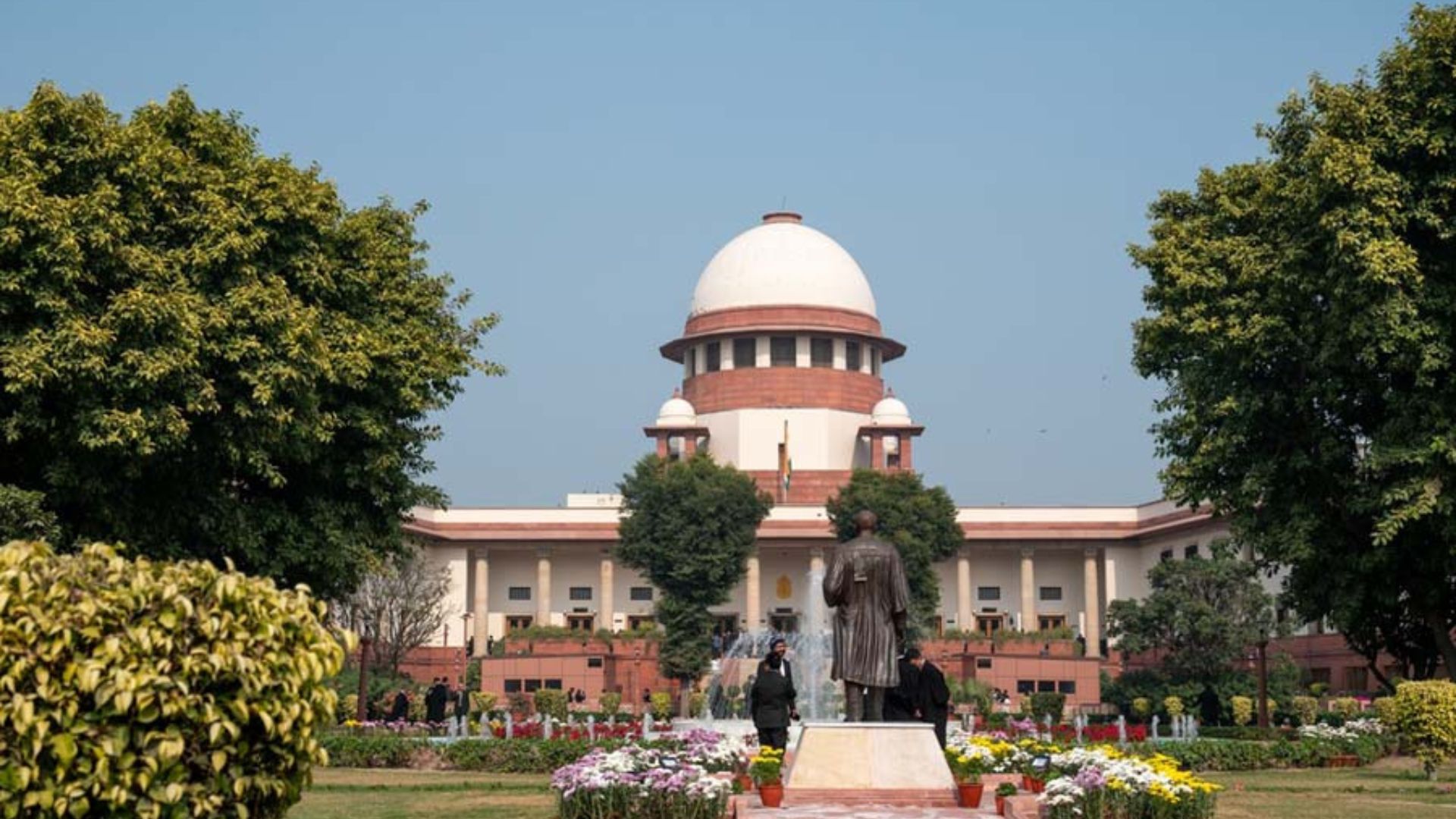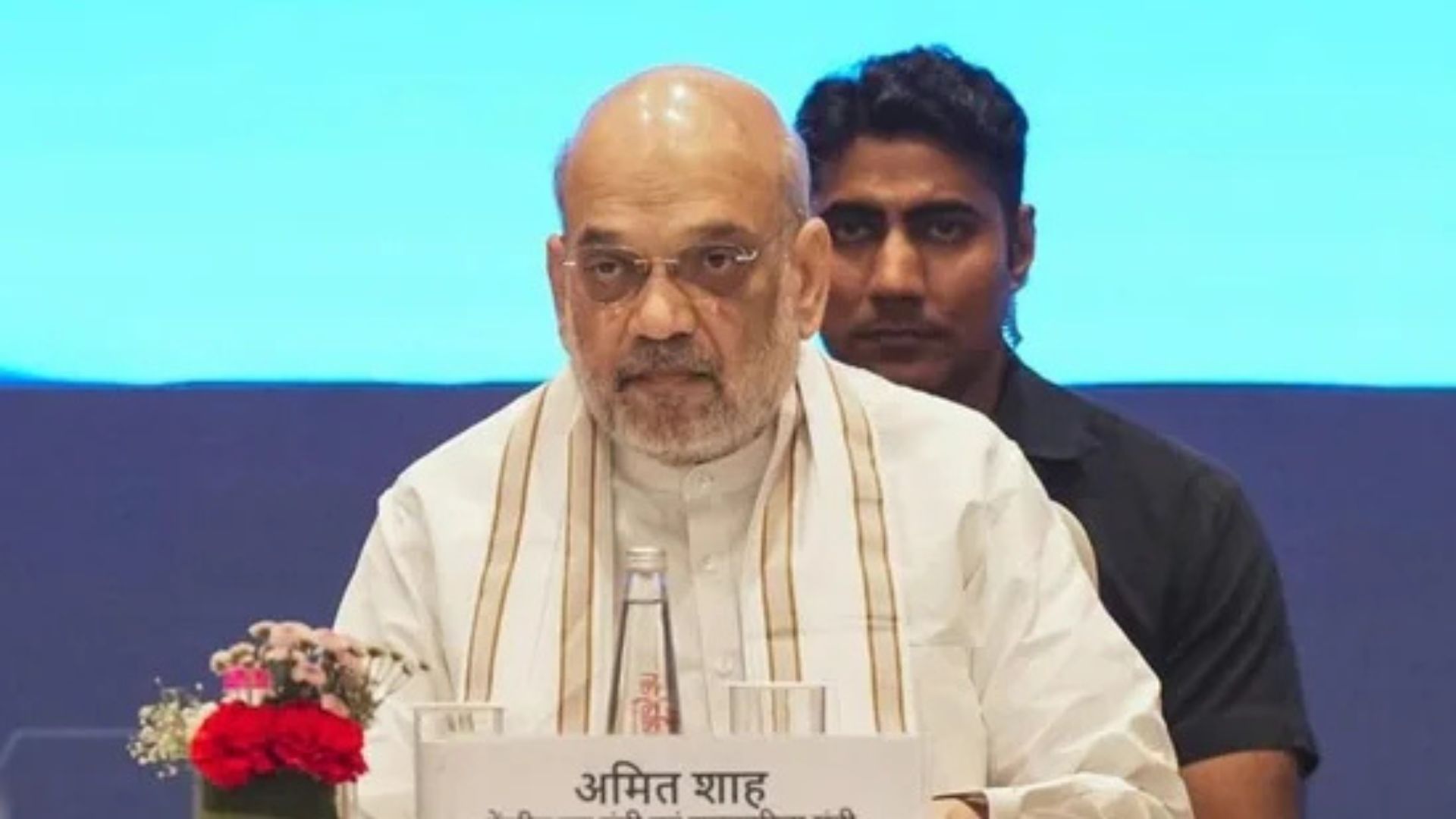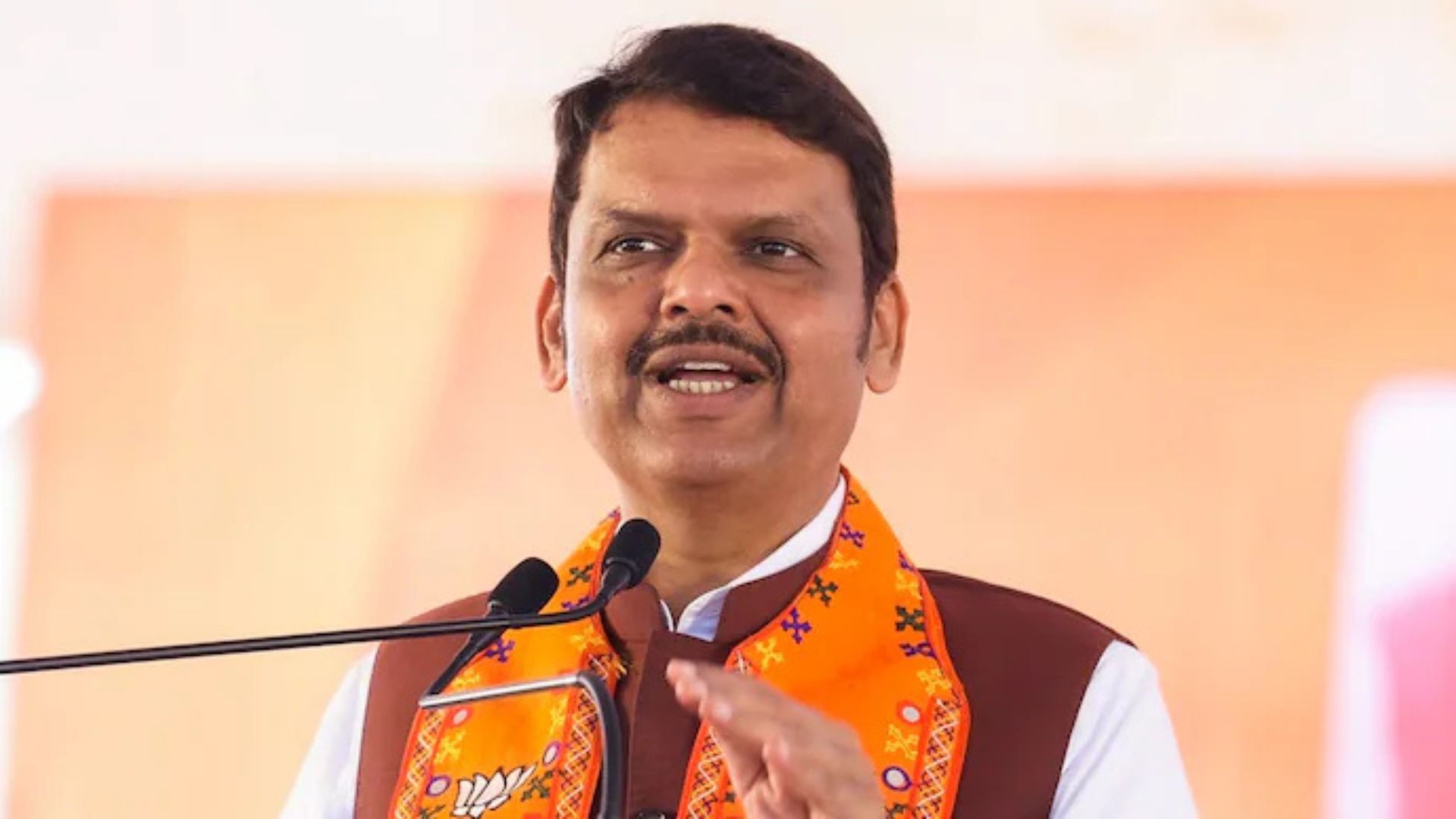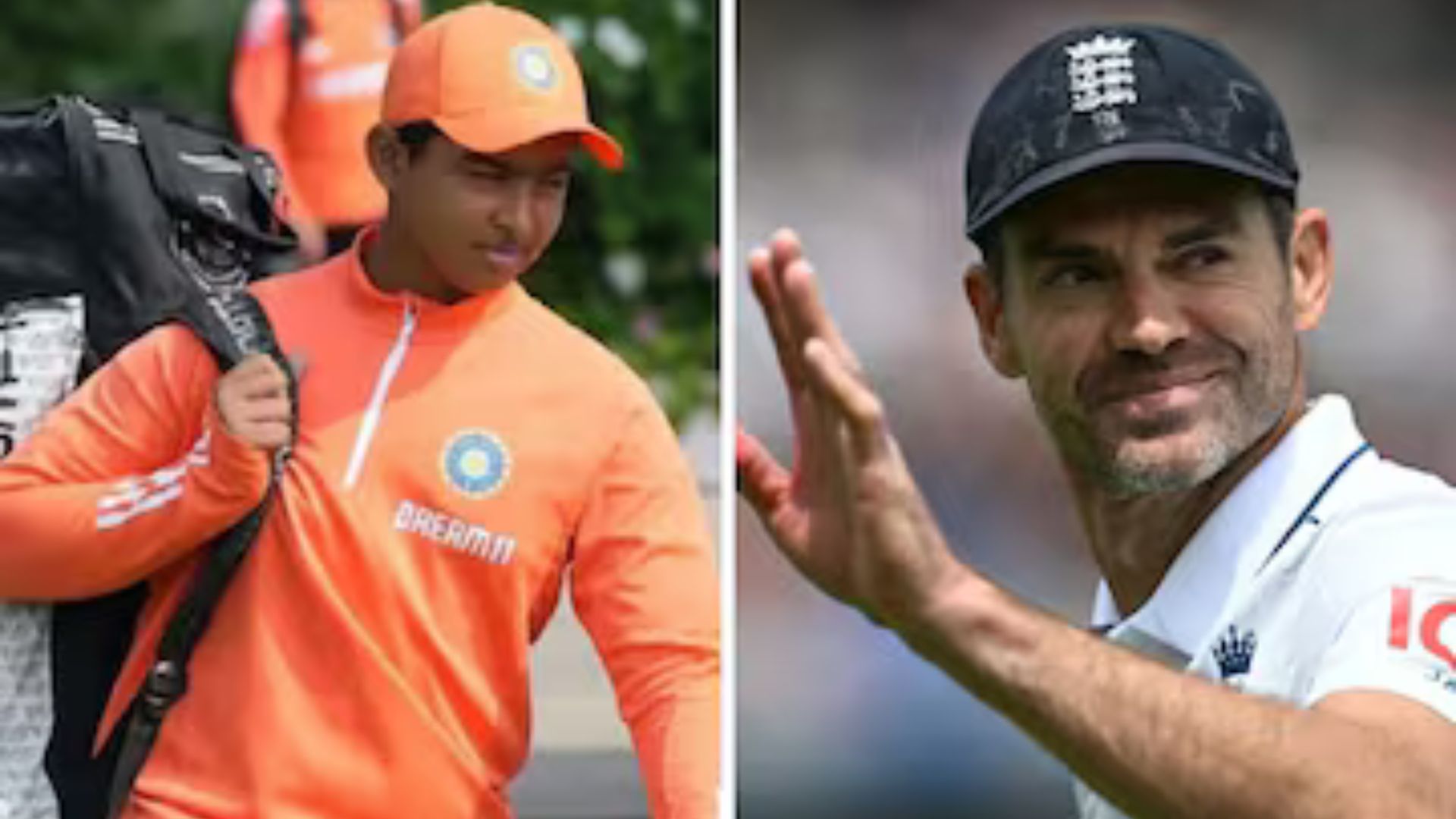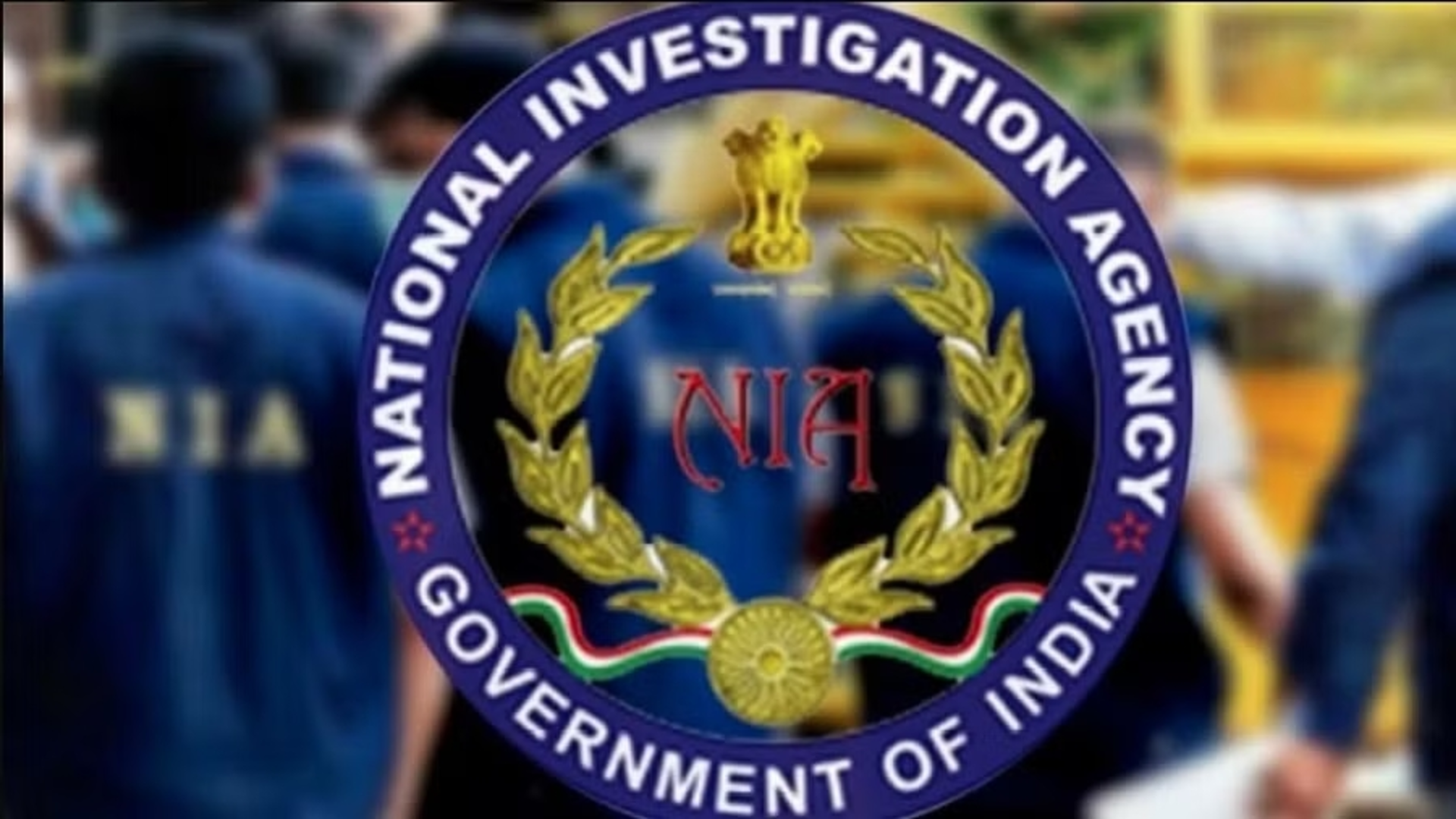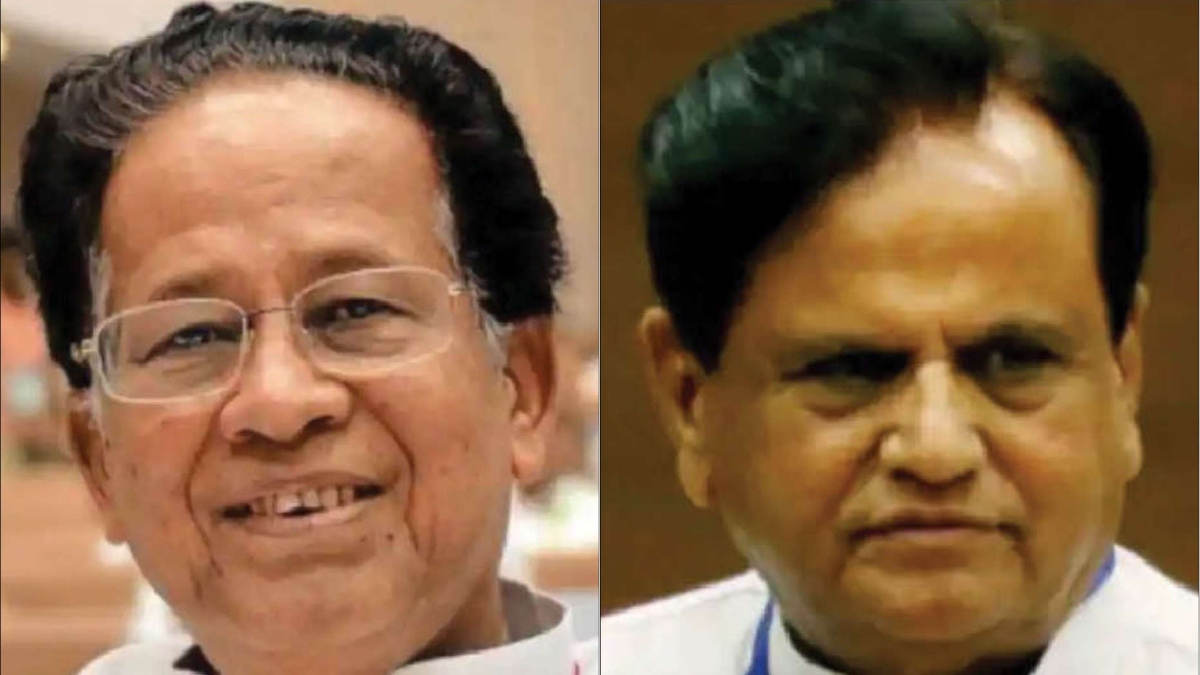
Ahmed Patel, treasurer of the Congress, died due to post-Covid complications on 25 November 2020. A couple of days earlier, another Congress stalwart and a mass leader of Assam, Tarun Gogoi, had also lost his life—again due to post-Covid complications. With their deaths, not only has interim Congress president Sonia Gandhi lost a valuable support system with which she would operate the party, but the party itself has also become rudderless.
The treasurer of the party is a very important position because it is he who is in charge of the party’s funds, both with regard to its generation and expenditure, especially during elections. Sitaram Kesri had a long innings as a treasurer of the Congress. A common saying during his time was: “Na khata, na bahi, jo Kesri kahe, wo hi sahi”. He had a sharp memory with regard to the finances—he could, from memory, reveal who had paid what to the party and how it had been spent. Next came Motilal Vohra, who also played a long innings, but because of his age, was replaced by Ahmed Patel.
In his autobiography, TheChinar Leaves: A Political Memoir, M.L. Fotedar writes, “After Mrs (Indira) Gandhi returned from her official tour overseas, she decided to visit some parliamentary constituencies like Garhwal where Bahuguna was contesting against the Congress. She could not avoid going to Amethi. Generally, the Congress president does not campaign in by-elections. But the by-election in Amethi had special significance (because Rajivji was contesting this). I accompanied Indiraji during that tour also.” He mentions both Patel and Gogoi, recounting the time when Rajiv Gandhi had been elected to the Lok Sabha and Indira Gandhi had wanted some young MPs to assist him in politics. Arun Nehru and Arun Singh were both close to Rajiv, but Mrs Gandhi had asked Fotedar to suggest some loyal Congress MPs with exceptional qualities. After going through the list of elected representatives, Fotedar had shortlisted three names—Ahmed Patel, Oscar Fernandes and Tarun Gogoi.
“All three had shown prowess and had acquitted themselves creditably in the elections. When I took the names to Indiraji, she wanted to know my reason for choosing them. I knew very well that she was keen that only the right kind of people were picked up to assist Rajivji and thus wanted to go into the detailed background of the chosen names. I explained to her that Ahmed Patel was an upcoming MP from Gujarat, whose family had been loyal to Panditji and subsequently to her. Even during the Janta Party wave in 1977 he had won the election from Bharuch and repeated the feat in 1980. Though a Muslim he had a strong support base amongst people outside his community too and was perceived as one who would have a long political innings. He was also in the right age group to be an aide of Rajivji,” Fotedar shares in the book.
Fotedar had recommended Oscar Fernandes for his ability to win the Lok Sabha elections from an area which was predominantly non-Christian. Oscar was perceived in Karnataka as a good organiser, who had been rewarded for his loyalty by Sanjay Gandhi and thus made it to Parliament. In addition, according to Fotedar, out of the MPs from south India, Oscar stood out as the one with a good future: “If Ahmed Patel was going to be the choice from the western part of India, Oscar could be Rajivji’s associate from the southern part. And both of them fitted the criterion of secular credentials.”
As for Gogoi, he was picked because of his exceptional ability to create a place for himself in the strife-torn state of Assam, where the son-of-the-soil theory was gaining momentum. Belonging to the influential Ahom community, Gogoi also had the wide acceptance which no other leader in his age group had at that point in Assam, writes Fotedar. He had the potential to be the future chief minister of the state and also had an uncanny sense of surviving in adverse political circumstances. Therefore, he could be an apt choice for being Rajivji’s aide from the eastern part of the country. “So far as central India was concerned, there did not seem to be any need to project anyone, as Rajivji was being assisted by his friends Arun Singh and Arun Nehru,” says Fotedar.
Mrs Indira Gandhi had listened to Fotedar patiently and, after putting forward some questions, endorsed the names. She had asked him to give these names to Rajiv too, but after some thought, had said that she would do so herself. She instructed him not to disclose these names to anyone including Rajiv. Writes Fotedar, “Her (Mrs Gandhi’s) foresight was in evidence once again because she told me categorically that if Rajiv was to learn that these names had come from me, he may question the choice, as he may wonder whether I had any agenda in proposing these people. She further said that knowing the Congress culture, as it had always been, there would be enough people in the party who would vitiate the atmosphere by trying to convince Rajivji that these three persons were agents of Fotedar. I was amazed by the understanding Indiraji had of ground level realities and appreciated her wisdom in keeping the entire matter strictly confidential. It was only a matter of time that Indiraji in her own inimitable way suggested these names to Rajivji, who was only too glad to appoint them as his aides.”
Looking back, Fotedar thought that he had made the right choices since Ahmed Patel, Oscar Fernandes and Tarun Gogoi continued to be the pillars of the Congress for more than thirty years after he had recommended their names. “However, people have subsequently told me that much of what has gone wrong in the Congress in the last ten years of the UPA-1 and UPA-2 regime was also on account of these leaders. While people are entitled to their views, I made the recommendation keeping in view the political situation in the early 1980s, when Rajivji was being initiated into the world of politics by his mother,” Fotedar admits.
He further writes in his book, “I have no hesitation in admitting that I was responsible for recommending Ahmed Patel to be an intrinsic part of Sonia Gandhi’s core team, when she agreed to join active politics in 1998. I had even suggested that she could continue to rely on both Oscar and Gogoi in difficult situations, expecting that they would never let her down. As far as she is concerned, they have served her with total loyalty and Ahmed Patel as her political secretary for sixteen years has played a major role in shaping the destiny of the party.”
Today, Ahmed Patel and Tarun Gogoi are no more, and their absence is going to hurt the Congress even more as the party suffers one jolt after another. Though I am no political analyst, as an observer, I feel that the party will find it difficult to recover and function as an effective and constructive Opposition. With fierce infighting and dissidence going on in the Congress, the loss of Ahmed Patel would further cripple the party leadership to take on these challenges and protect and preserve its power. I see a very bleak future for the Congress and I will be surprised if it is able to give a tough fight to the BJP in the next parliamentary elections and raise its Lok Sabha tally to three figures.
The writer is former judge of the Delhi High Court and son-in-law of M.L. Fotedar, political secretary to Indira Gandhi and Rajiv Gandhi. The views expressed are personal.
Today, Ahmed Patel and Tarun Gogoi are no more, and their absence is going to hurt the Congress even more as the party suffers one jolt after another. Though I am no political analyst, as an observer, I feel that the party will find it difficult to recover and function as an effective and constructive Opposition. With fierce infighting and dissidence going on in the Congress, the loss of Ahmed Patel would further cripple the party leadership to take on these challenges and protect and preserve its power.
